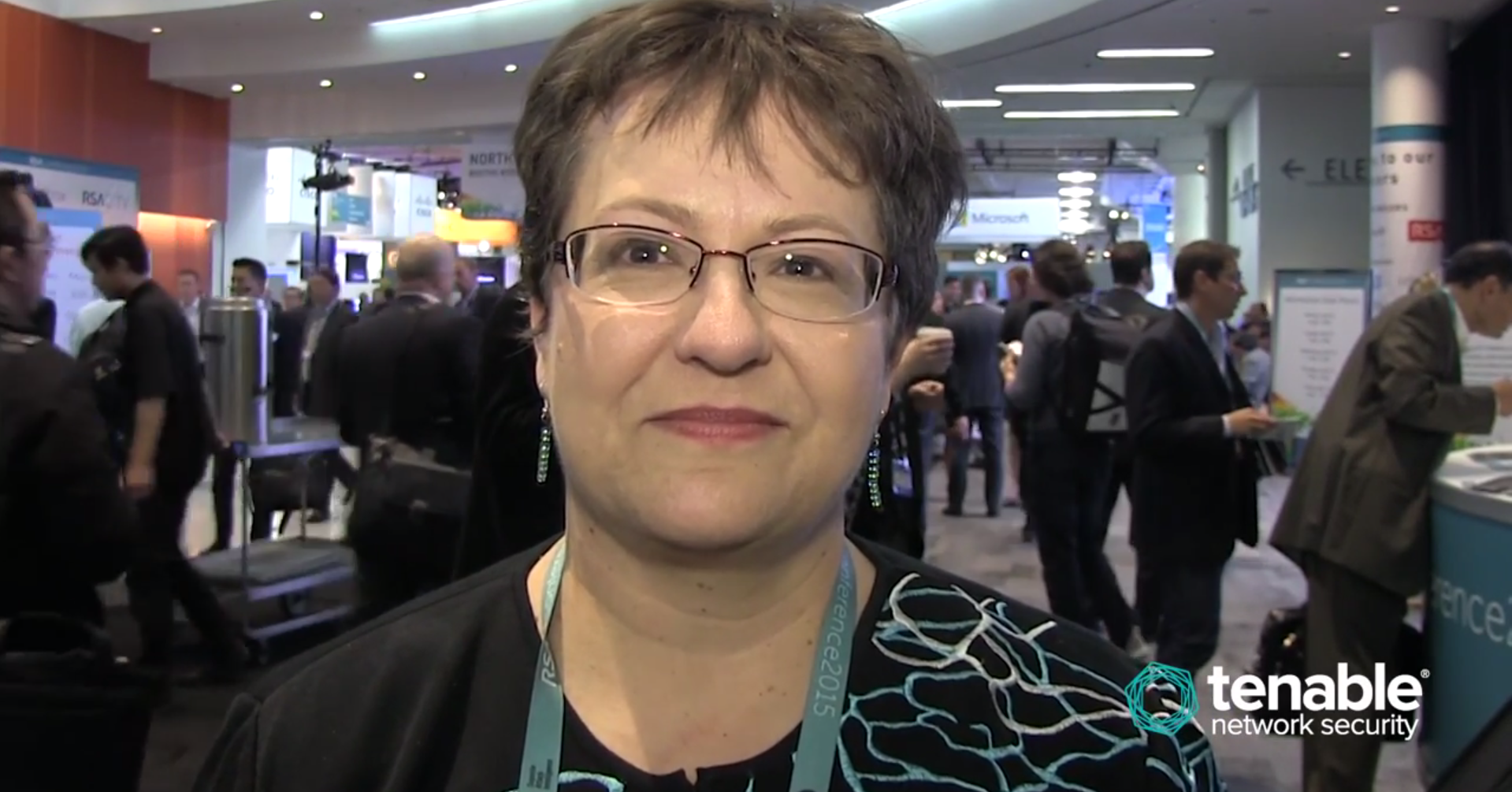One Characteristic Every Security Professional Must Have

Every year, just before RSA, a story drops that everyone is buzzing about. This year, that story is about the guy who tweeted about hacking an airplane.
Obviously, like shouting “Fire!” in a movie theater, you don’t joke about bombing or hacking a plane, especially when you’re on the plane. Wendy Nather (@451Wendy), research director at 451 Research, believes this security pro was just flexing some professional muscle.
“In a lot of cases it’s more about scoring points, then it is about helping the company get better or helping the customers do better security. But if you’re not feeling any empathy for that side you’re not helping them. You’ve become an adversary. And if you’re an adversary there’s no wonder why they don’t want you on a plane,” said Nather in our conversation at the 2015 RSA Conference in San Francisco.
Traditionally, security vendors have been successful selling their products when there’s an overabundance of news about threats. Is there an appropriate way to introduce the importance of being aware of threats that isn’t so fear based?
“You say, “We have a shared problem and let’s work on this problem together,’ and that comes back to empathy,” explained Nather.
If researchers haven’t worked on the defense side of things, they won’t know what goes into remediating a problem, Nather continued. For example, just because you release a bug report, don’t fall into a false assumption of its importance and your importance. The professional world may not respond as fast as you’d like them to and patch it.
“The really good researchers that I know of are almost embedded in the companies they’re working with, and they always bring everything to them first, and they really understand what the issues are. They may be impatient. They may want to do things differently, but at least they’re working hand in hand with them, instead of saying, ‘Oh we’re taking on the establishment on behalf of the poor customer,’” said Nather.
To have better empathy as a security researcher or professional, Nather suggests you try to understand what the organization is going through, whether you’re working with a large financial firm, or a small “mom and pop” shop.
Related Articles
- Conferences






